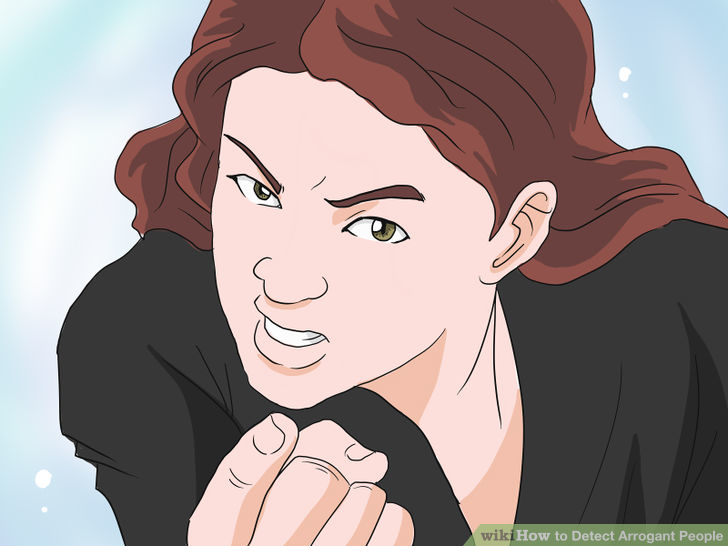I’ve wrecked my share of motorcycles. Sometimes it’s been my fault. Sometimes it’s been a cager. On rare occasions it’s been a malfunction. I generally see those as my fault since I do my own mechanical work. But I’ve been riding long enough at this point not to second-guess too much on why I might have wrecked. I’m also lucky enough to have usually escaped without significant injury, and haven’t wrecked during the age of social media.

My friend Val recently had the opposite experience. Val makes her living on social media. She was involved in a wreck she didn’t escape uninjured. After posting about the wreck on her blog, she got two varieties of feedback from different audiences. Rather than trying to characterize them myself, I’ll use her words:
It’s insulting. It’s victim-blaming. Not unlike a woman being assaulted and someone asking what she was wearing when it happened.
I didn’t see the wreck. I don’t know more than what Val has told me and what I’ve read on her blog. While she hasn’t been riding for long, she’s a well-trained rider and has logged significant mileage. I’ve also ridden with her, and can’t fault her riding. The criticism she received has been bugging me, and not just because it’s in bad taste. Why, when a person has been seriously injured, do we blame the victim?
Most of the criticism she received has come from people who don’t ride motorcycles, mostly framed in the “Why in the hell were you on a motorcycle in the first place?” and afterwards “Why the hell are you getting back on the bike?” This criticism, while still horrifying, is easily explained by the cultural theory of risk. According to this theory, individuals tend to associate harm with transgressions of the societal norm, or deviance. Motorcycling, according to many, is deviant, so it’s not surprising for non-motorcyclists to blame the victim. This in spite of the fact that most people drive a car every day. That’s seen as okay – a risk ignored in the context of necessity. Motorcycling isn’t seen as a necessity. It’s seen as a selfish, irresponsible indulgence, and thus deviant.
There was one particular comment from a fellow motorcyclist that stood out: “I’ve been riding for 17 years and I’ve never had anyone try to turn left in front of me.” This comment was accompanied by a slightly accusatory look that suggested somehow Val’s inexperience was at fault. From my personal experience and over 25 years on two wheels, this guy either isn’t logging miles or has been extraordinarily lucky. To quote the Hurt Report from 19811: “The most common motorcycle accident involves another vehicle causing the collision by violating the right-of-way of the motorcycle at an intersection, usually by turning left in front of the oncoming motorcycle because the car driver did not see the motorcycle.”
This particular type of scapegoating comes down to risk denial from self-confidence. This is expressed by distinguishing yourself from others because you trust your personal ability to avoid or control risky situations. The culture of self-esteem has led many of us to believe that we have superior abilities. As an example, according to a study by the Royal Auto Club in 2000, 78% of English car drivers think they drive better than the average motorist – statistically, nearly impossible. When you think you’re better than average, the statistical likelihood of a particular risk becomes no longer relevant to you. You consider yourself less exposed than the average person2.
In addition to explaining Val’s experience with criticism from that motorcyclist, it also explains a certain segment of riders lack of willingness to wear protective gear. I’d like to quote Val again, if I may:
Circling back around to riders and risk denial… I’m baffled by it. Obviously that wasn’t my mindset even before the crash. When I talk with riders who aren’t ATGATT (All The Gear, All The Time – my parenthesis), I use my experience as a teaching moment. I would NOT be alive if I hadn’t been wearing proper gear. At one of my MSF courses afterwards, my story convinced a Harley rider to upgrade to a full face helmet from a brain bucket. One little victory in a very bad situation, I suppose.
I hear riders talk about gear being too hot and underestimating risk, even though they complain about poor behavior by drivers. It’s entirely contradictory. It’s beyond “self-esteem,” it’s downright arrogant to think you’re some moto ninja that won’t get pegged because you’ve got tens-of-thousand of miles in the saddle. Some jackass texting while driving doesn’t honor that experience.3
Because of risk denial theory, these motorcyclists think that they’re better than average. They don’t prepare for the crash because self-confident risk denial tells them that the crash won’t happen to them.
Until it does.
1H.H. Hurt, Jr. J.V. Ouellet, D.R. Thom. Motorcycle Accident Cause Factors and Identification of Countermeasures Volume I: Technical Report. 1981.
2Patrick Peretti-Watel. Neutralization theory and the denial of risk: some evidence from cannabis use among French adolescents. 2003.
3Special thanks to Val for allowing me to quote her here and appropriate her experience for this post. You should read her blog at valinreallife.com.
